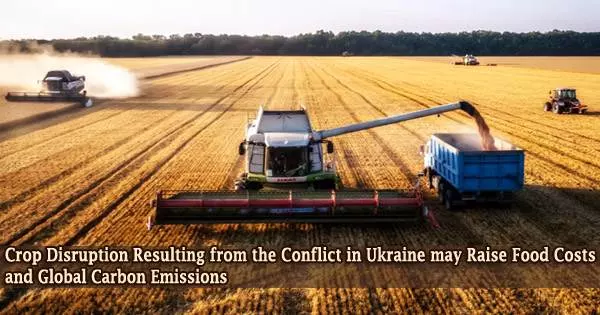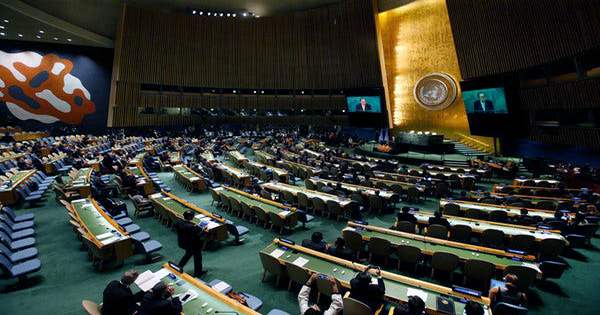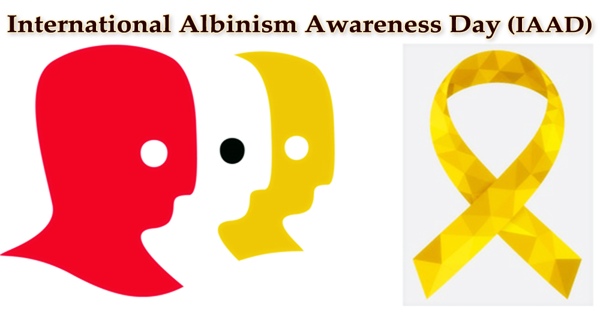The Russian invasion of Ukraine disrupted crop output, which is predicted to raise food costs and carbon emissions worldwide without reducing food hunger.
Jerome Dumortier, an associate professor at IUPUI’s O’Neill School of Public and Environmental Affairs, and his co-authors have recently published new research that employs economic simulation models to forecast the short and long-term effects of the war on crop prices, food shortages, and climate change.
The analysis concluded that although the war’s effects on agricultural production and exports in Russia and Ukraine will continue to drive up food prices globally and contribute to food insecurity, they will not be as severe as initially anticipated, partly because other nations have increased their production.
According to researchers, the price of corn and wheat might rise by up to 4.6% and 7.2%, respectively. They also took into account anticipated price increases for crops including wheat, soybeans, barley, and rice.
Nations already facing significant food insecurity will be impacted most, they predict.
Our research shows while this will continue to impact the global supply chain, the effects on food shortages won’t be as bad as we initially thought. Much of that is because other countries have started to produce those crops and exports to make up for what Ukraine has not been sending out.
Jerome Dumortier
“There was a lot of worry about food insecurity globally when the war first started in Ukraine,” Dumortier said.
“Our research shows while this will continue to impact the global supply chain, the effects on food shortages won’t be as bad as we initially thought. Much of that is because other countries have started to produce those crops and exports to make up for what Ukraine has not been sending out.”
But according to Dumortier, bridging that production gap will have an adverse effect on the climate. In order to make up for the war’s effects on decreased production and exports, other nations, like Brazil, may clear land and vegetation and grow more crops.
According to the analysis, Brazil is producing more grain to make up for the decline in corn exports from Ukraine. Due to other nations’ increased carbon emissions from land-use change and greater contributions to deforestation, researchers discovered that the change in land use around the world will have a large negative influence on the environment.
“The Russia-Ukraine grain agreement over the summer was a positive development, but the situation in Ukraine is uncertain,” Dumortier said.
“We suggest governments consider policies that help vulnerable populations, like domestic food subsidies and the reduction or elimination of trade restrictions. The effect of future climate change could also be mitigated by unrestricted trade, which could allow a shift of comparative advantage across countries.”
Co-authors on the paper, published this week in Nature Food, are Miguel Carriquiry of Universidad de la República in Uruguay and Amani Elobeid of Iowa State University.
















